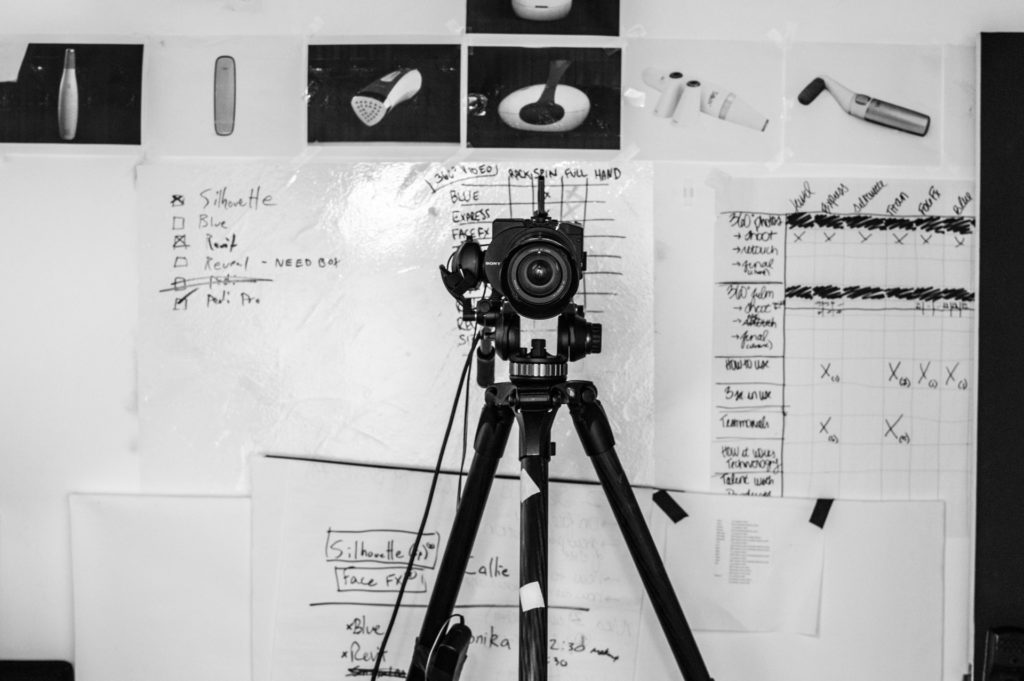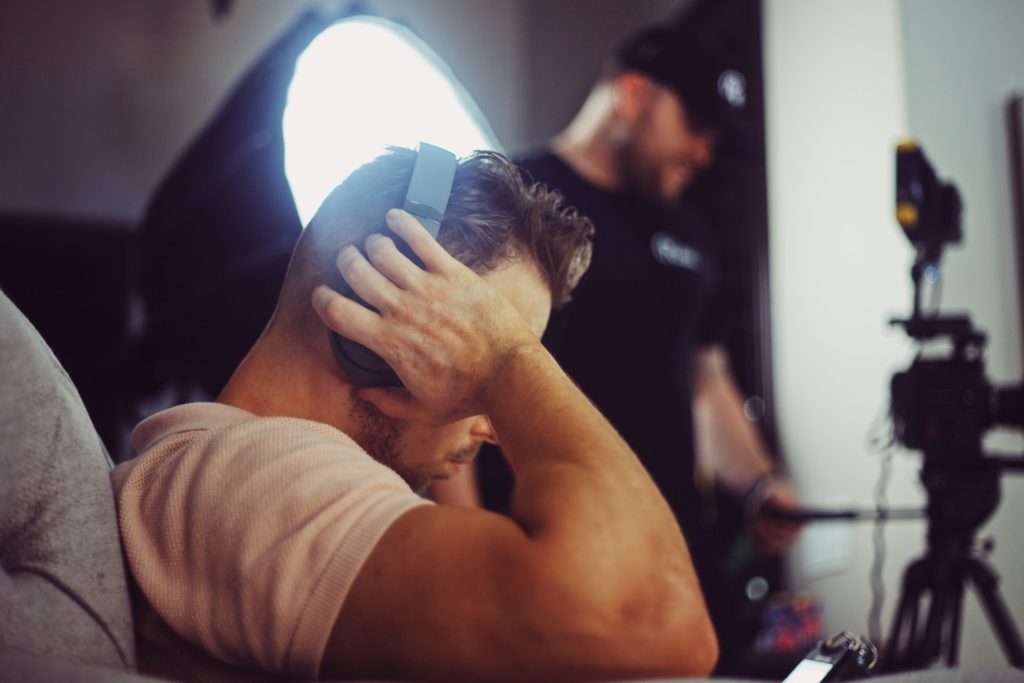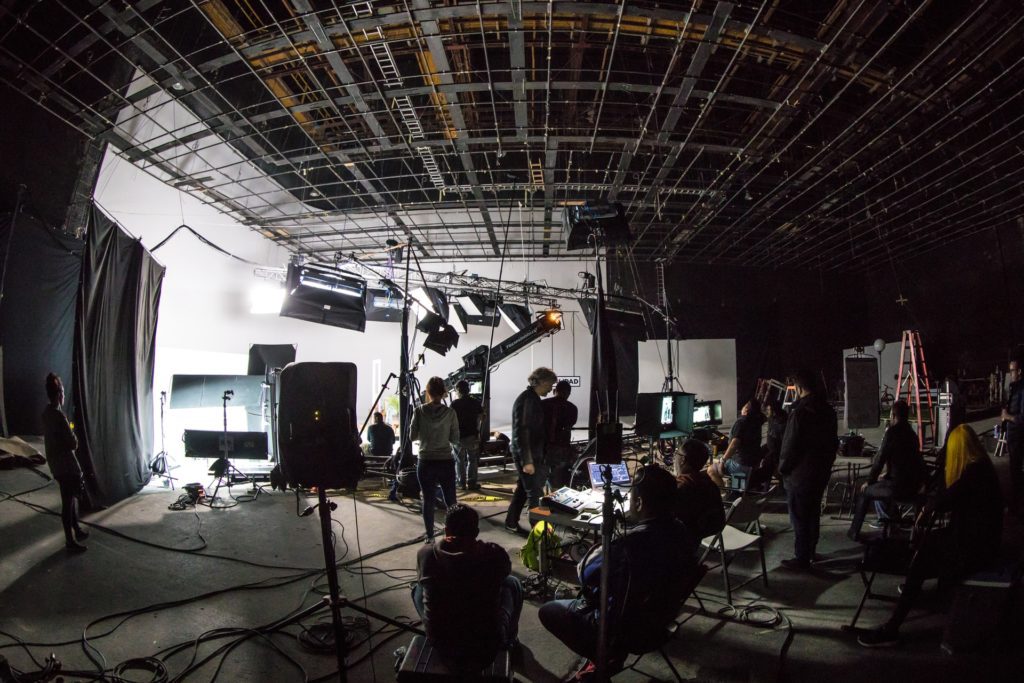What Role Does a Producer Play?
Producers play an imperative role in your film, especially during the pre-production stages, but it’s important to remember what they do during production as well.
If you’re eager to work with a producer, but unsure what exactly that will entail, be sure to check out our contests for the opportunity to win up to $10,000 in funding for your film!
Producer’s Role
Generally speaking, the producer is responsible for overseeing all steps of production. They are often the individual who acquires the rights to produce the film, they make sure that production schedules are followed, and they oversee the project being edited once filming has wrapped.
Let’s study more specifically ore information on producers and the various different kinds of producers (because there are a lot!), check out one of our previous blog posts which lays out nineteen different types of film producers.
For today, though, we’re going to focus on what a producer does while he or she is on set.
Producer’s Role: During Production

During production, the producer upholds a business approach to production.
He or she will serve as a resource to individuals on set like the director, cinematographer, and production designer, though they will not be required to play a direct role in those departments.
They will also be responsible for putting together both a budget plan and production schedule, usually while working with a line producer (A line producer on a film is the person who is responsible for overseeing budgeting).
Throughout production, it is their job to make sure production stays on schedule and stays within your budgetary constraints. They will also be the one to approve locations for filming and also approve changes that need to be made during filming.
Lastly, your producer will be someone that your cast and crew will go to with any questions. They will be able to manage the production on a business level, but also be able to provide creative direction to any cast and crew who need assistance.
Do Producers Work on Set?

Because producers tend to work from a more business than creative side of production, they do not always have to be on set.
Producers often visit sets and oversee filming firsthand, but their presence is not always necessary.
A producer must be a good problem solver, therefore, they tend to spend much time in their office, making sure things like budgeting and scheduling stay on track.
If problems in these areas arise, it is their job to fix them, so it is imperative they be available and up to date on what has been occurring on set.
After filming has wrapped, they don’t necessarily need to be in the office where the action is taking place either. In fact, because they will be figuring out marketing and distribution strategies, it is unlikely and unrealistic to think they could be with the editors at all times.
What is likely, though, is that the producer will oversee the editing process, making sure things are going to plan.
Small Sets vs. Big Sets

It can be said that the producer is the backbone of a production; without them, the production would not be able to get off the ground.
On a big set, they’re like the big boss, fulfilling responsibilities wherever they are needed.
Because there are more hands on deck on a large production, it allows for a producer to be on set less, even if there are more responsibilities. Because he or she will have more crew members, if necessary, they have the ability to delegate responsibilities if they so choose.
This is contrasted on a smaller set.
A producer working on a smaller set is the person who is, or who should be, overseeing every little piece of production. From the point where the project is picked up to the point where the movie is shown on the big screen, the producer is most likely going to be there on a smaller set.
Even though the producer is supposed to be there for its cast and crew no matter the size or scale of a film, it is far more possible on a small set.
Because there are fewer members of the cast and crew on a smaller set, it becomes increasingly easier for a producer to cultivate and foster a relationship with his or her crew.
Therefore, there will be far more support on a smaller set as opposed to a larger one where the producer will most likely be on set much less.
If this post piqued your interest about working with a producer but you’re still unsure how you’ll get the funding to work with one, check out our contests for your chance to win up to $10,000 in funding for your film! Not only that, but you’ll also be in the running to get filmmaking software, equipment and other prizes as well.
I thought this was very detailed and helpful.
Great! So glad you found it useful. 🙂